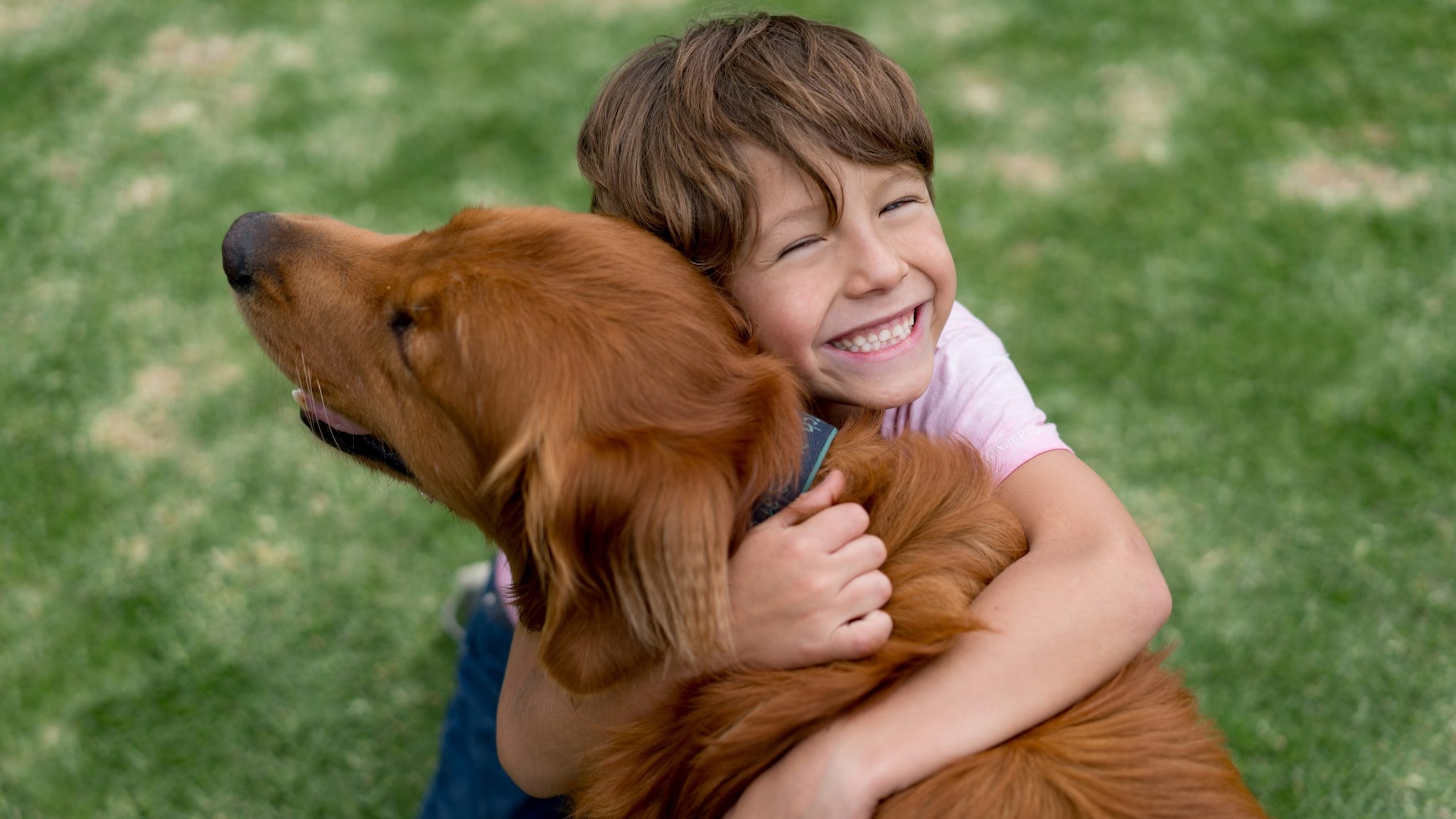Key points
- Know how you could be exposed to rabies.
- Find out which animals are more likely to get the rabies virus.
- If you're traveling outside the United States, avoid wild animals.
- Know which steps to take if you suspect contact with a rabid animal.
- If you've been exposed to an animal that might have rabies, contact a healthcare provider immediately.

Overview
In the U.S., people are usually exposed to rabies by coming into contact with wild animals carrying the virus or through their pets if they've encountered a rabid animal.
Not many people get rabies in the U.S., but there are more than 60,000 potential exposures to rabies each year. There are fewer than 10 human deaths each year from rabies since 1960, in large part due to rabies prevention efforts in the U.S., including vaccination of pets.
In the U.S., people are usually exposed to rabies by coming into contact with wild animals carrying the virus or through their pets, if they've encountered a rabid animal.
Common carriers in the U.S. include raccoons, skunks, bats, and foxes. People who are exposed to rabies should seek medical care immediately.
Prevention
The best way to avoid rabies in the U.S. is to keep your distance from wildlife. Never approach injured animals; instead, contact animal control for assistance, when needed.
Pet owners can lower their risk by keeping pets up to date on rabies vaccines. Also, keep your pets away from wild animals and unfamiliar pets as much as possible.
Rabies in dogs is still common in many countries outside the United States. Find out if rabies is present in dogs or wildlife at your destination before international travel. When traveling, keep your distance from wild animals and dogs with unknown vaccination histories.
What to do if exposed to a rabid animal
If you come across a rabid animal, remember that rabies in humans is completely preventable, but you must seek medical help right away.
If you've been bitten or scratched, or if you're unsure about whether or not you had any contact, consult a healthcare provider about whether you need treatment to prevent rabies. This treatment is called post-exposure prophylaxis (PEP). This treatment is highly effective if it's given as soon as possible after exposure.
